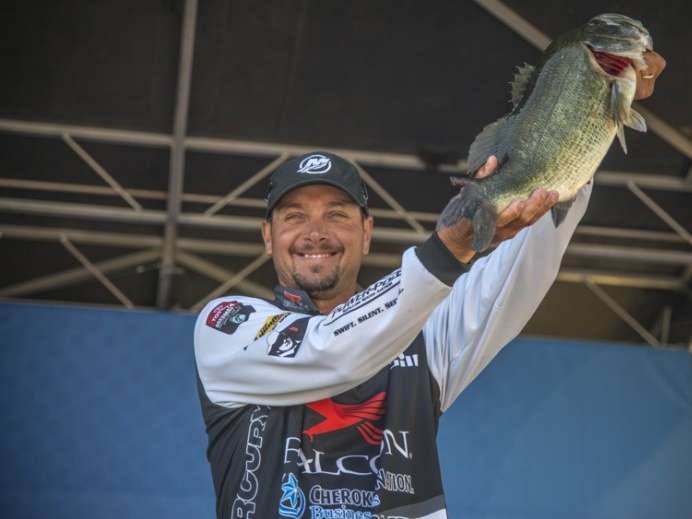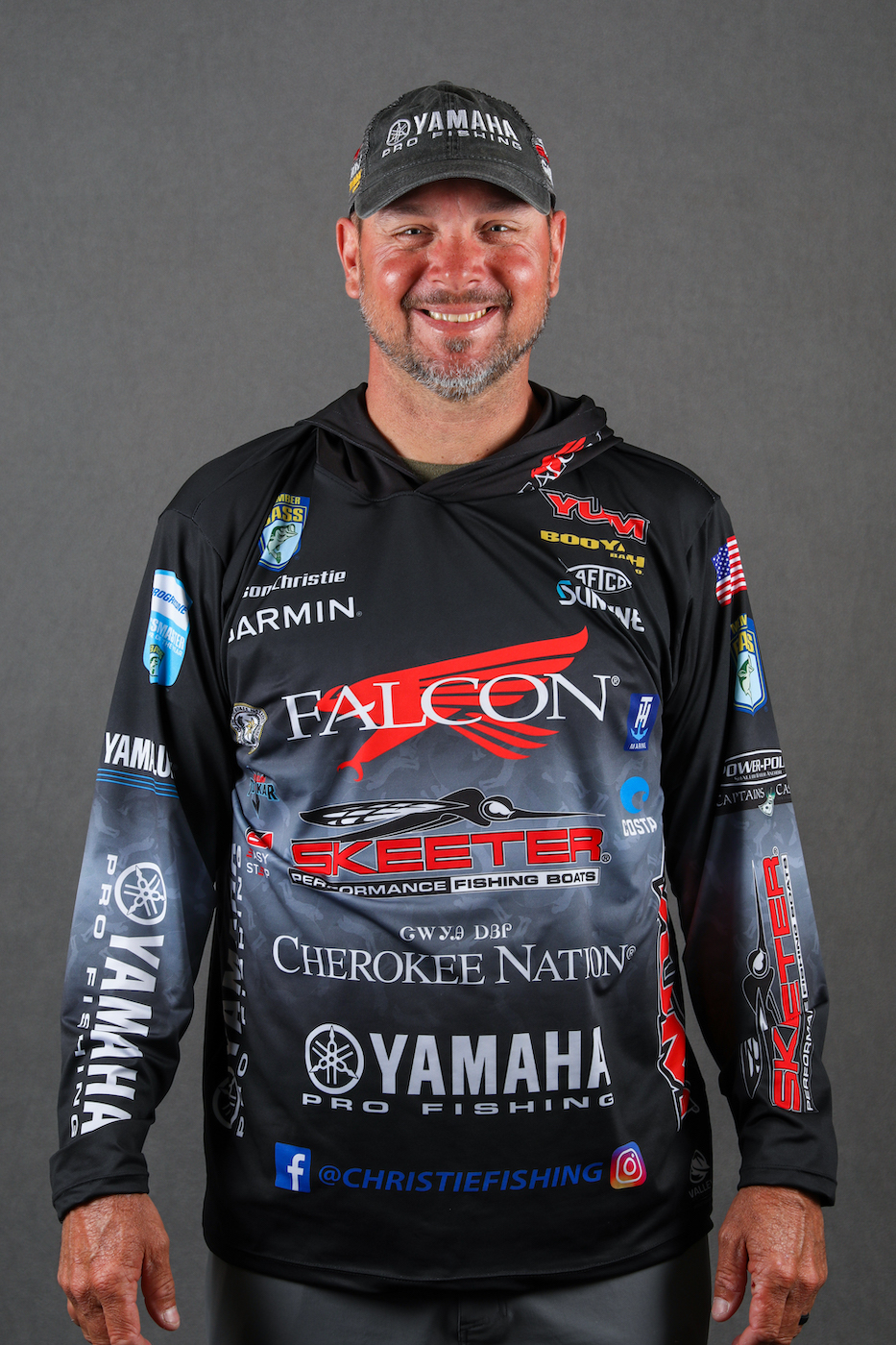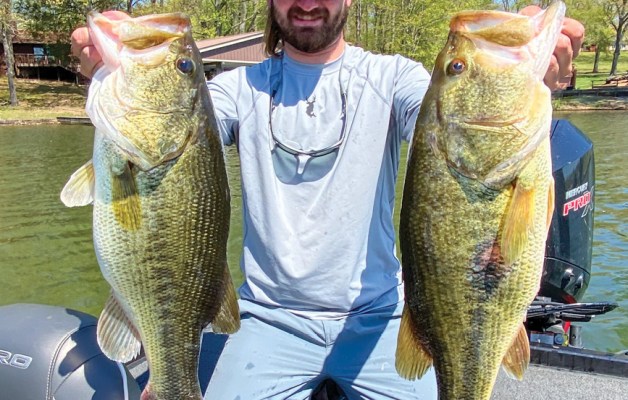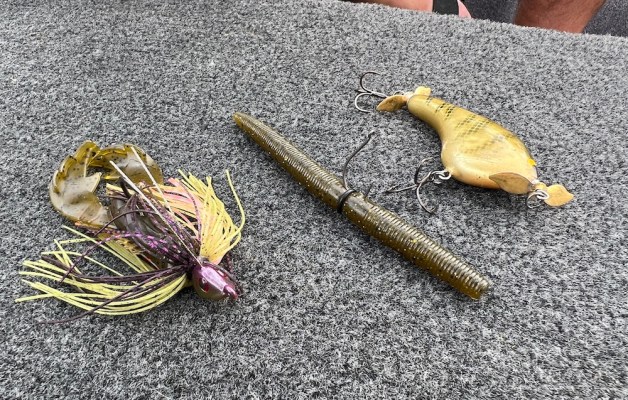
Throughout my career as a professional fisherman, I’ve tried to constantly refine my practice effort. You always want to keep an open mind and learn as much as you can about what’s going on in the fishery, but you also want to keep things in perspective.
A lot of factors can play a role in how I approach my practice. Have I fished the lake before? How will the weather influence the tournament day(s)? Does the lake fish big or small?
All of these things matter, but I think the biggest thing that determines my overall approach to practice is the tournament format – is it a multi-day event or a single-day shootout?
Without a doubt, a multi-day event is the hardest to prepare for. I used to fish a lot of team events and single-day pro-ams events where I looked for an area that I thought held the biggest fish. Even if there wasn’t that many fish; I’d look for an area where I could catch enough to win.
The payout in those single day events were really heavy on first place, so we were always all in for the win. That meant the numbers were different than what I have to prepare for in a Bassmaster Elite Series event.
In a single-day event, you’re looking for five fish. Now, in these multi-day events, you’re looking for 20 fish. And not only are you looking for more fish, but the other anglers are looking for 20 fish, too.
It’s not like you’re the only angler on the lake and you have to catch 20 fish, there are 112 of us out there (in an Elite event). Not only do you have to think about how you’re going to catch 20 fish; you also have to play a little defense.
What are these guys not looking for? What’s something that might not be as good and they might overlook?
Along these lines, I try to pay attention to two particular principles when I’m practicing for a multi-day event:
1. I want to know where the fish are moving and I want to be one day ahead of them.
2. Sometimes it’s not good to be on the best pattern or the best spot because a lot of other guys might be on the same thing. Sometimes, it’s good to be on that second or third best pattern – something that’s not getting fished as much.
You might find an area that’s a little bit of a sleeper. It’s still good, but it’s not that area that will attract 20-30 boats because it’s loaded with fish.
On tournament day, managing the mental side of the competition, it’s a much bigger picture than most people may think it is. I actually try not to plan my entire day; I try to plan my first two or three stops and then let the fish tell me where I need to go.
Boat draw has a big effect on this, but I think it has a bigger effect in a multi-day event because the guy that gets to a spot first can stand his ground. That’s important because there’s only one day, as opposed to the Elite Series events where we flip flop takeoff numbers. If you’re the first boat the first day, then the next day, you’re the last boat.
All this factors into the planning and decision making process – especially in the way you manage your fish. In a single-day shootout, you’re not saving anything. You get as much as you can get and you go for the win. But in a multi-day event, you have to be aware of what you have to work with and then do your best to make it last for multiple days.
Practice tells me a lot about how I’ll need to manage my fish. I base my fish management decisions on what I saw in practice, along with the lake’s history. For example, on Kentucky Lake, 20 pounds isn’t going to be leading – you’ll need 23-25 pounds. But on the Sabine River, if you get 13 pounds, you might want to start saving some for the next day.
In a multi-day tournament, you can’t win unless you’re fishing on the last day. So in an Elite Series event, I don’t manage for four days, I manage for three. I’ll burn everything I have to make it to Sunday.
I’d rather be fishing on Sunday and be out of fish, than to have saved some fish and not be fishing on Sunday.
Ultimately, the goal for a single-day event and a multi-day event is always to leave the dock and return with the five biggest fish. The difference is that in a single-day event you have to win that day, whereas in a multi-day event, you still want to win each day. Even if you don’t, you can still put yourself in position to win on the last day.
I look at it like this: The single day tournament is a sprint; the multi-day tournament is a mile run. You have to set your pace. You can’t take off too fast or too slow, but you have to finish strong.





